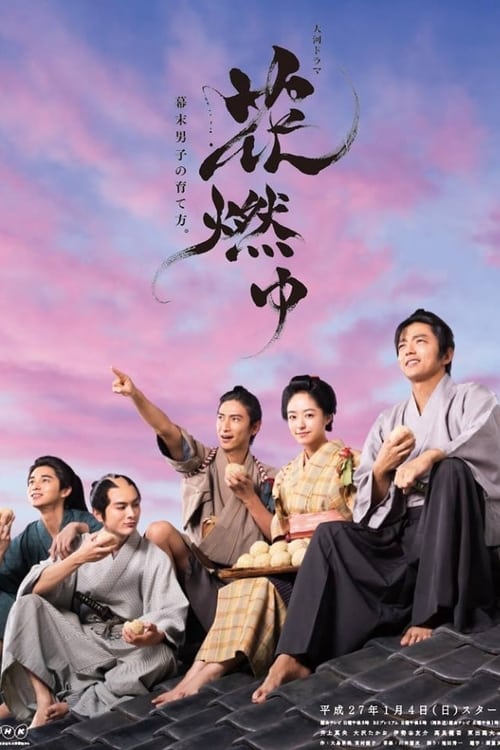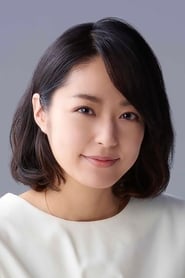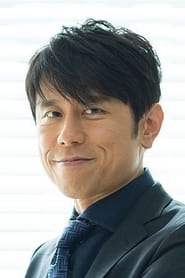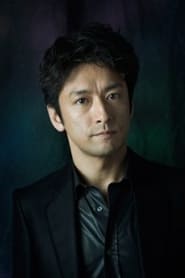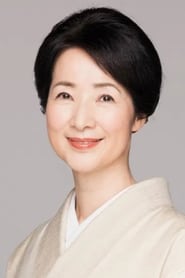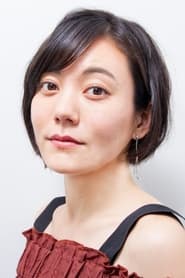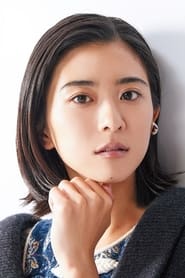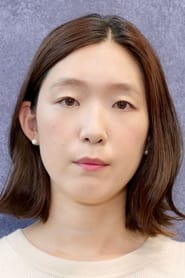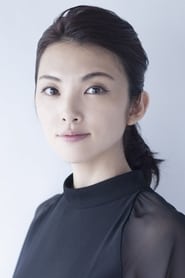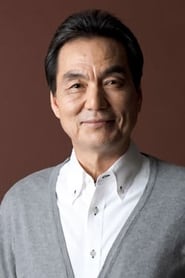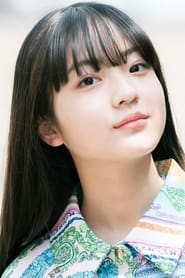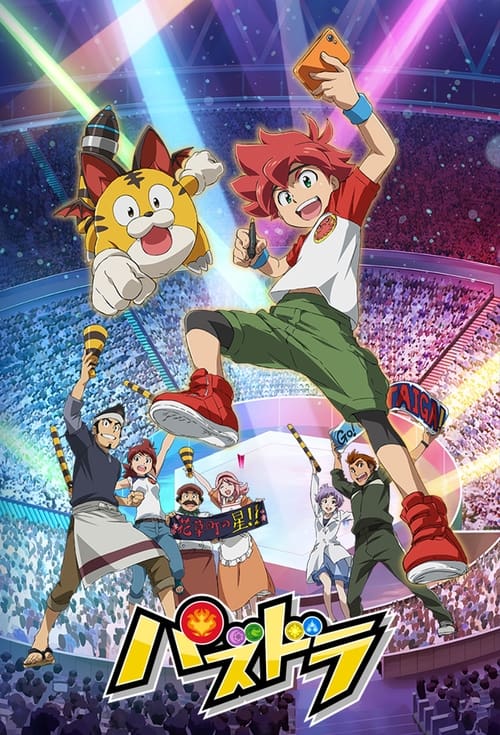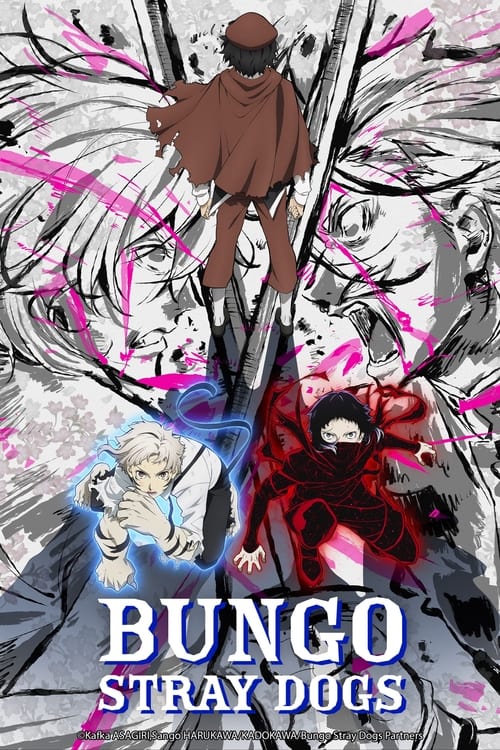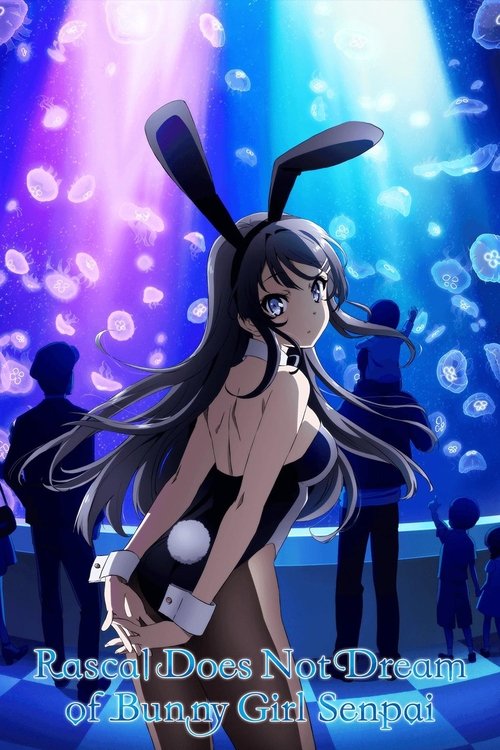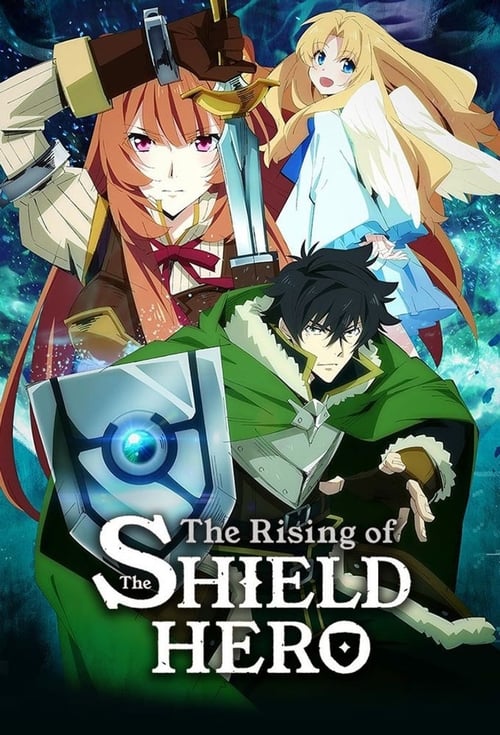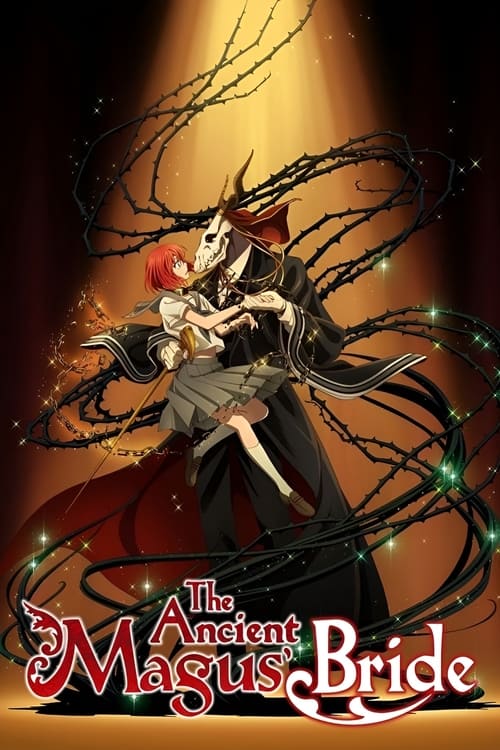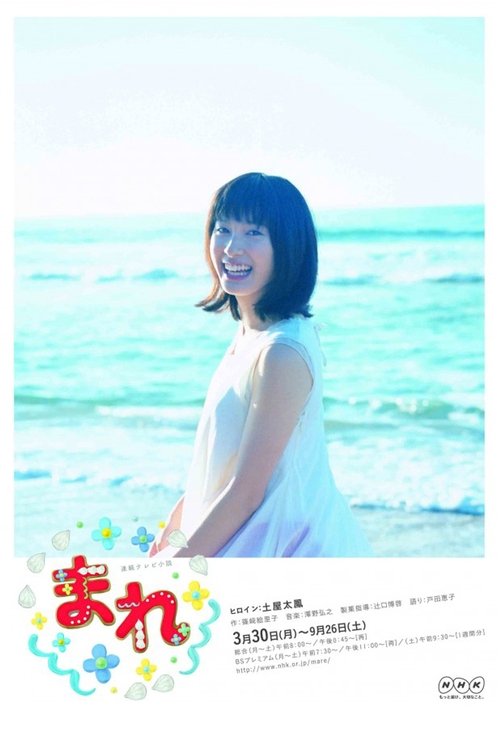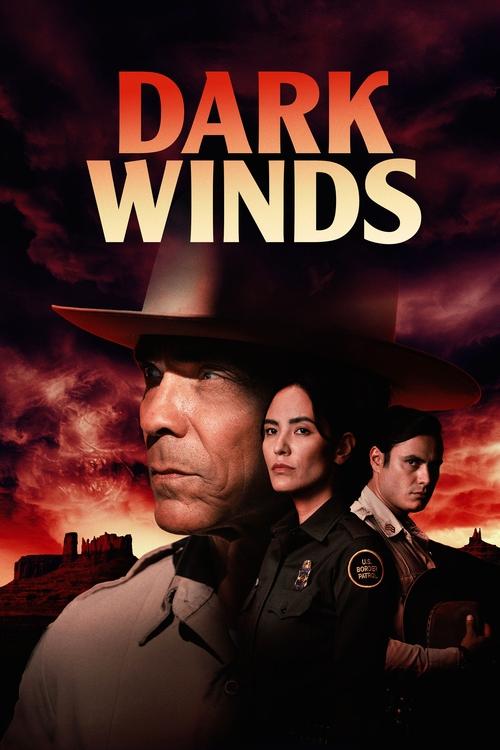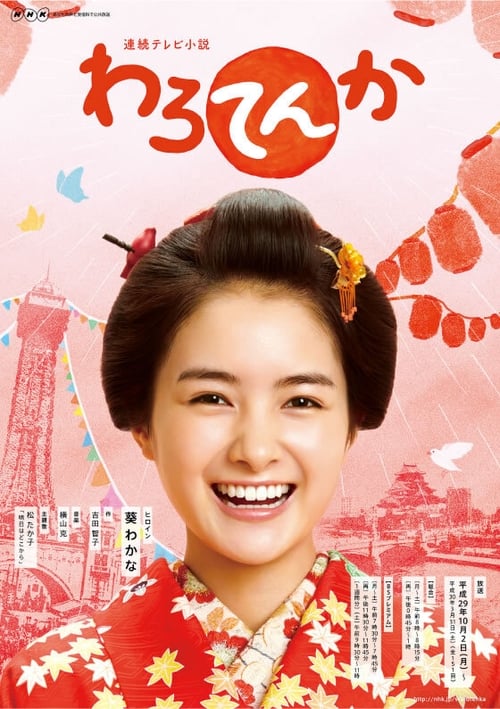
Ask Your Own Question
What is the plot?
In the opening scene of "Burning Flower," we are introduced to the protagonist, Mia, a young woman struggling with her past and trying to find her place in the world. She is seen working at a local flower shop, where she has a close relationship with her boss, Mrs. Chen, who acts as a maternal figure. Mia's life takes a turn when she receives a mysterious letter that hints at a family secret she has long been unaware of.
As Mia delves into the contents of the letter, she learns about her estranged father, who she believed was dead. This revelation ignites a mix of emotions within her--anger, confusion, and a longing for connection. Determined to uncover the truth, Mia embarks on a journey to find her father, leading her to a small town where he supposedly resides.
Upon arriving in the town, Mia encounters various locals who provide her with fragmented information about her father. She learns that he has been living a reclusive life, haunted by his past mistakes. Mia's search leads her to a dilapidated house on the outskirts of town, where she finally confronts her father, David. The reunion is tense; David is initially reluctant to engage, burdened by guilt and shame over abandoning Mia and her mother.
As they begin to talk, Mia discovers that David has been trying to make amends in his own way, but his attempts have been misguided. He reveals that he has been involved in a local flower-growing business, which he started as a way to honor Mia's mother, who loved flowers. This connection to her mother softens Mia's heart, and she starts to see her father not just as a figure of abandonment but as a flawed human being.
The plot thickens when Mia learns that David is being threatened by a local gang that wants to take over his flower business. The gang's leader, Marco, is ruthless and has a personal vendetta against David. Mia, feeling a sense of responsibility for her father's safety, decides to help him confront the gang. This decision marks a turning point in their relationship, as they begin to work together to protect what little they have left.
In a pivotal scene, Mia and David devise a plan to confront Marco and his gang. They gather evidence of the gang's illegal activities, hoping to leverage it against them. The tension escalates as they prepare for a confrontation, and Mia's determination to stand by her father strengthens their bond.
The confrontation occurs at the flower shop, where Marco and his gang arrive to intimidate David. A heated argument ensues, and Mia steps in, bravely standing up to Marco. The situation quickly escalates into a physical altercation. Mia and David fight side by side, showcasing their newfound teamwork. The scene is chaotic, with flowers and pots being knocked over as they defend themselves against the gang.
Just when it seems like they might be overwhelmed, local townspeople, who have been inspired by Mia's courage, come to their aid. This unexpected support turns the tide of the confrontation, and Marco's gang is forced to retreat. The victory is bittersweet, as Mia and David realize the danger is not entirely over, but they have taken a significant step towards reclaiming their lives.
In the aftermath, Mia and David begin to rebuild their relationship. They work together in the flower shop, and Mia starts to feel a sense of belonging. However, the threat from Marco still looms, and they must remain vigilant. The emotional weight of their past continues to affect them, but they find solace in their shared passion for flowers and the new family they are creating together.
As the season progresses, Mia learns more about her mother's legacy through the flower shop, discovering the beauty and strength in the floral arrangements that tell stories of love, loss, and hope. Each episode delves deeper into the complexities of Mia and David's relationship, exploring themes of forgiveness and redemption.
The climax of the season arrives when Marco returns, more determined than ever to take down David. In a final showdown, Mia and David confront Marco in a dramatic face-off that tests their resolve and the strength of their bond. The confrontation is intense, filled with emotional stakes as they fight not just for their business but for their newfound family.
In the end, Mia and David emerge victorious, having not only defended their flower shop but also solidified their relationship. The season concludes with a sense of hope as they look towards the future, ready to face whatever challenges may come their way, united by their shared experiences and the love that has blossomed between them.
What is the ending?
In the ending of "Burning Flower," the main characters face the consequences of their choices. The story culminates in a dramatic confrontation that leads to a tragic resolution, highlighting themes of love, betrayal, and the struggle for redemption.
As the final scenes unfold, we see the protagonist, Jin, grappling with the weight of his decisions. He confronts his former ally, Min, in a tense standoff that reveals deep-seated emotions and unresolved conflicts. The atmosphere is thick with tension as they exchange harsh words, each reflecting on their past and the choices that brought them to this moment.
In a heartbreaking twist, Jin makes a sacrifice to protect those he loves, leading to a devastating outcome. The emotional weight of his decision is palpable, as he realizes the cost of his actions. Meanwhile, Min is left to confront the aftermath of their confrontation, grappling with guilt and loss.
The story concludes with a poignant scene that encapsulates the themes of the series. Jin's fate is sealed, and the remaining characters are left to navigate a world forever changed by the events that transpired. The final moments linger on the emotional scars left behind, emphasizing the complexity of human relationships and the enduring impact of choices made in moments of desperation.
As the final act of "Burning Flower" unfolds, the scene opens in a dimly lit warehouse, where Jin stands alone, his face a mask of determination and regret. The air is thick with tension, and the distant sounds of the city fade into silence as he prepares for the confrontation with Min. The camera captures the flickering shadows on the walls, mirroring the turmoil within Jin's heart.
Min arrives, his expression a mix of anger and sorrow. The two men face each other, the weight of their shared history hanging heavily in the air. Jin's voice trembles as he accuses Min of betrayal, his eyes reflecting a deep sense of loss. Min, in turn, defends his actions, revealing the motivations that drove him to make choices that hurt those around him. The dialogue is sharp, filled with emotional undercurrents that reveal their fractured friendship.
As the argument escalates, the tension reaches a boiling point. Jin, feeling cornered and desperate, makes a fateful decision. He lunges forward, not to attack, but to protect a bystander caught in the crossfire of their conflict. The moment is heart-stopping, as time seems to slow down. The camera zooms in on Jin's face, capturing the raw emotion of sacrifice and the realization of what he must do.
In a split second, the scene shifts to chaos. A gunshot rings out, echoing through the warehouse. Jin falls to the ground, clutching his side, blood seeping through his fingers. Min's face contorts in horror as he realizes the gravity of the situation. The camera captures the moment in slow motion, emphasizing the tragedy of their choices. Jin's eyes, filled with pain yet a sense of peace, meet Min's as he whispers a final message of forgiveness.
As Jin lies on the cold concrete floor, the world around him fades. The camera pans out, showing Min kneeling beside him, tears streaming down his face. The emotional weight of the moment is palpable, as Min grapples with the consequences of their actions. The warehouse, once a place of confrontation, now becomes a somber backdrop for loss and reflection.
In the aftermath, the scene transitions to a quiet street, where Min walks alone, the weight of guilt heavy on his shoulders. The city lights flicker in the distance, a stark contrast to the darkness enveloping him. He reflects on the choices that led to this moment, haunted by the memory of Jin's sacrifice. The camera captures his solitary figure, emphasizing the isolation that comes with regret.
The final scene shifts to a serene park, where Jin's loved ones gather to remember him. The atmosphere is somber yet filled with a sense of hope as they share stories and memories. The camera pans over their faces, capturing the mix of grief and gratitude for the time they had with Jin. As they release lanterns into the night sky, the visual symbolizes their love and the enduring impact of Jin's life.
The series concludes with a lingering shot of the lanterns floating away, a poignant reminder of the fragility of life and the connections that bind us. The screen fades to black, leaving the audience with a sense of reflection on the complexities of love, sacrifice, and the choices that define us. Each character is left to navigate their own path, forever changed by the events that transpired, encapsulating the essence of "Burning Flower."
Is there a post-credit scene?
What motivates the main character, Hana, throughout the series?
Hana is driven by a deep desire to find her place in the world after a traumatic event in her past. Her journey is marked by her struggle to reconcile her painful memories with her aspirations for a brighter future. As she navigates her relationships and confronts her fears, her internal conflict becomes a central theme, showcasing her resilience and determination.
How does the relationship between Hana and her mentor, Akira, evolve over the series?
Initially, Hana views Akira as a strict and demanding mentor, but as the series progresses, their relationship deepens. Akira becomes a father figure to Hana, guiding her through her emotional turmoil. Their bond is tested by misunderstandings and personal challenges, but ultimately, they learn to trust and support each other, highlighting themes of growth and redemption.
What role does the setting of the flower shop play in the story?
The flower shop serves as a sanctuary for Hana, symbolizing hope and new beginnings. It is within this vibrant, colorful environment that she learns to express herself and connect with others. The shop's various floral arrangements often reflect Hana's emotional state, and the interactions with customers reveal her growth and the impact of her past on her present.
What is the significance of the recurring motif of fire in Hana's journey?
Fire represents both destruction and transformation in Hana's life. It is a constant reminder of her past trauma, yet it also symbolizes her passion and the potential for rebirth. Throughout the series, Hana learns to harness this duality, using her experiences to fuel her personal growth and ultimately emerge stronger from her struggles.
How do the supporting characters influence Hana's development?
The supporting characters, including her childhood friend Yuki and the enigmatic florist Sora, play crucial roles in shaping Hana's journey. Yuki provides a sense of stability and loyalty, while Sora challenges Hana to confront her fears and embrace her true self. Each character's unique perspective and experiences contribute to Hana's understanding of love, friendship, and self-acceptance.

